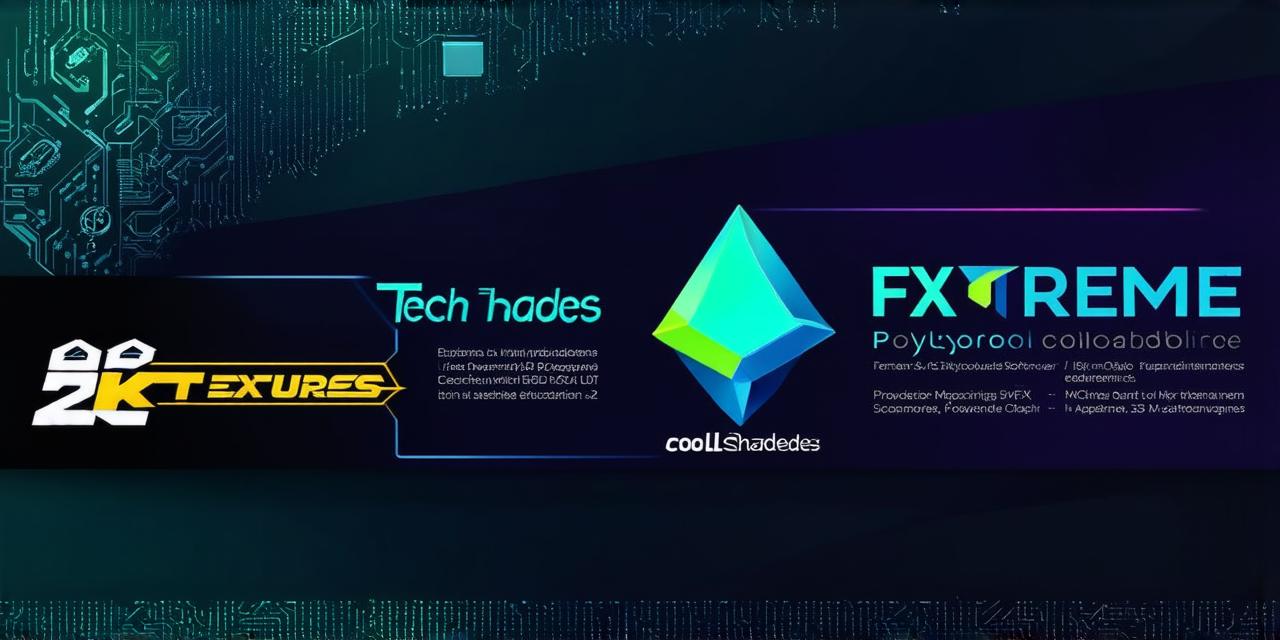In recent years, blockchain technology has taken the world by storm. It’s been used in various applications such as cryptocurrency, supply chain management, and even voting systems. One of the most promising developments in this space is Polygon (formerly known as Matic). In this article, we will explore what Polygon is, how it works, and its potential applications.
What is Polygon?
Polygon is a decentralized platform that allows for the creation of scalable blockchain networks. It was founded in 2017 by Joseph Lau and Justin Sun. Polygon’s main goal is to provide a solution to the problem of high gas fees on the Ethereum network.
The Ethereum network has gained immense popularity, but its drawbacks include slow transaction speeds, high gas fees, and limited scalability.
Polygon addresses these issues by allowing for off-chain transactions that are validated by Polygon’s smart contracts. This process is known as state transitions. State transitions occur when a user transfers assets from one account to another. These transactions can be processed quickly and at a lower cost than on the Ethereum network, making them more accessible to a wider range of users.
How does Polygon work?
Polygon’s architecture is made up of three main components: the Polygon Virtual Machine (PVM), Plasma, and Proof-of-Authority (PoA).

The PVM is a lightweight virtual machine that runs on the Ethereum network. It allows for the execution of smart contracts on the Ethereum network while keeping gas costs low.
Plasma is a technology that enables off-chain computation and storage, which reduces the load on the Ethereum network. It accomplishes this by creating a chain of state transitions that can be validated by a Proof-of-Authority (PoA) consensus algorithm. This ensures that the Polygon network remains secure and scalable.
Proof-of-Authority is a consensus algorithm used in Polygon’s sidechains. It allows for faster and more efficient processing of transactions than the Ethereum network, which uses Proof-of-Work (PoW). In PoA, validators are chosen to validate transactions on a rotating basis, which speeds up the validation process and reduces gas costs.
Applications of Polygon
Polygon has the potential to revolutionize various industries, including finance, gaming, and supply chain management. Here are some examples:
Finance
Polygon can be used in the financial industry to create decentralized exchanges (DEXs), lending platforms, and yield farming applications. These applications can offer faster transaction speeds and lower gas costs compared to traditional centralized finance systems. This makes them more accessible to a wider range of users, including those who do not have access to traditional banking systems.
Gaming
Polygon can be used in the gaming industry to create decentralized games that are more secure, scalable, and transparent than traditional games. Decentralized games offer players greater control over their assets and allow for a wider range of gameplay possibilities. Polygon’s ability to handle high transaction volumes makes it an ideal choice for creating games with complex in-game economies.
Supply Chain Management
Polygon can be used in supply chain management to create decentralized applications that track the movement of goods from production to delivery. This enables greater transparency, accountability, and security in the supply chain. Decentralized applications built on Polygon can provide real-time updates on the location of goods, reducing the need for intermediaries and increasing efficiency.
Case Studies
There are already several successful case studies that demonstrate the potential of Polygon. Here are a few examples:
